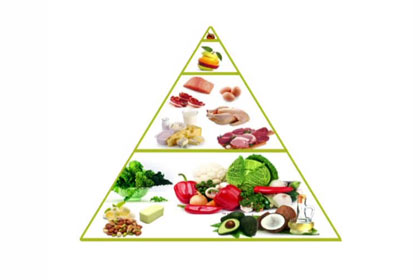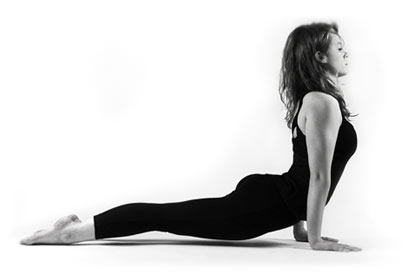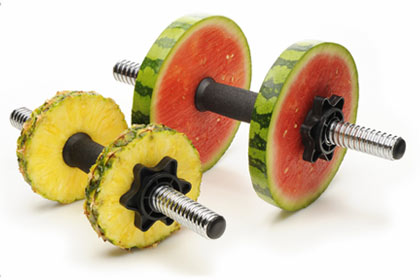- February 20, 2016

You like many have always been taught that a low fat diet is the key to losing body fat and managing a healthy weight. When in reality, it’s much more than that- it’s about the type of fat that you consume. Bad fats increase cholesterol and your risk of certain diseases, while good fats can protect your heart and your support overall health. Avoid trans fats and saturated fats- they are not bad for your overall health, but cause body fat gain also.
Eat the good fats, Mono and Poly. These unsaturated fats help with lowering cholesterol levels, reduce risk of heart disease, lower triglyceride levels and much more. Your body requires dietary fat for healthy hair, skin, and nails! You may be familiar with one of these goods fats under the name "Omega 3's". You need fat to burn fat, dietary fat helps break down existing fat by activating PPAR-alpha and fat-burning pathways through the liver.
I stopped dieting on plain, boring, unsatisfying food and started eating rich, delicious meals full of flavor and, yes... fat. I got skinny on fat and realized I would never have to diet again.
- Suzanne Somers
A hike or run is great for your cardiovascular health but can be damaging if you do too much at one time. The wrong kind of cardio can put you at risk of losing muscle mass and slowing down your metabolism. High Intensity Interval Training style cardio workouts maximize your fat burning and cuts down on your time spent working out. "HIIT" style workouts are able to to burn up to 200% more fat while saving you time. I’m not saying it is easier, just far and away better!
For most of us it’s too much work to obsessively count calories, even with all the apps and gizmos. I believe in keeping yourself accountable so you can stay on track, but, when people start these calorie counting games they are often doing it wrong. All calories are not created equal, and it’s far more important to make sure you are getting proper macros and micros than simply just counting calories. Instead of counting calories, figure out what your macro nutrient needs are and make sure each meal meets those requirements based on your body fat percentage and lean mass.




